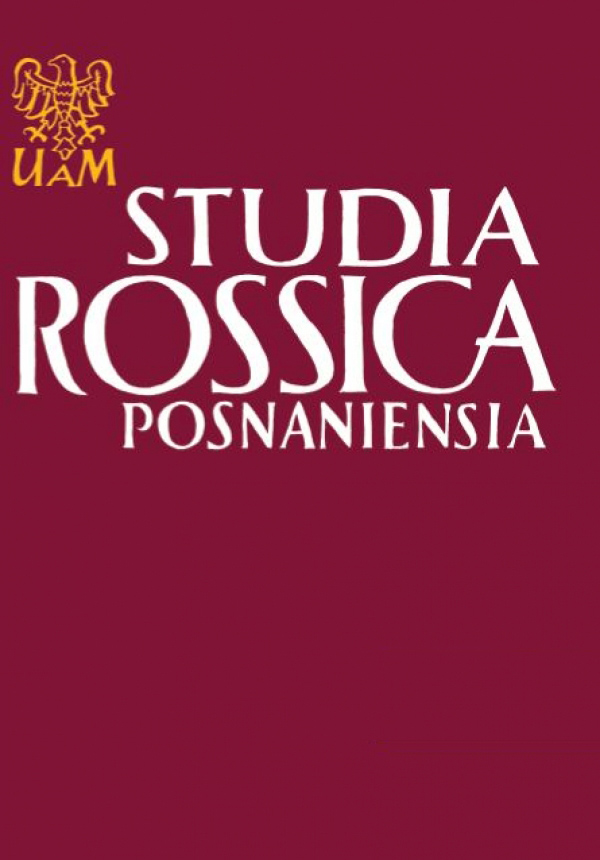СЛОВОФОРМА „НОВЫЕ ЛЮДИ” В РУССКОМ ХУДОЖЕСТВЕННОМ СОЗНАНИИ
“NEW PEOPLE” WORD COMBINATION IN RUSSIAN LITERARY AWARENESS
Author(s): Natalʹja VolodinaSubject(s): Russian Literature, Eastern Slavic Languages, Philology
Published by: Uniwersytet Adama Mickiewicza
Summary/Abstract: The “new people” word combination first appeared in the early Russian literature. It dates back particularly to the 12th century The Tale of Time Chronology literary works. It came as a characteristic feature of people who experienced the spirit of renewal due to the adoption of Christianity in Rus. The 19th century became the next step in the development of “new people” category. They appeared in 1860s and did not belong to Russian nobility. Later they were described by Nikolay Chernyshevsky in his What to do? novel. “New people” were a sort of a caste which possessed its own morale and principles. The idea got even more significance in the 20th century in Maxim Gorky’s The mother novel and the poetry of Mayakovsky. They tried to find a new connection or a parallel between October Revolution and the baptism of Vladimirskaya Rus.
Journal: Studia Rossica Posnaniensia
- Issue Year: 31/2003
- Issue No: 1
- Page Range: 9-17
- Page Count: 9
- Language: Russian

